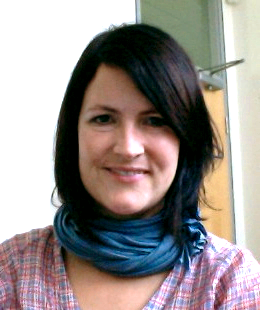will take place on Tuesday, March 13, 2018 from 15:00 to 16:00 hours in CBBM, Ground Floor, B1/B2.
Host: Prof. Dr. Nico Bunzeck
Institute of Psychology I
University of Lübeck
Abstract
Our memories are not static. Each attempt to retrieve a past event can adaptively change the underlying memory space. Here I discuss my work on the neurocognitive mechanisms that enable the selective retrieval of episodic memories. I present behavioural and electrophysiological (M/EEG) work that provides insight into how a memory trace unfolds in time during retrieval, on a sub-trial scale. Further, I show evidence from a series of fMRI studies in which we track the representational changes that occur in a memory trace over time and across repeated retrievals. The latter findings demonstrate that retrieval adaptively modifies memories by strengthening behaviourally relevant and weakening behaviourally irrelevant, interfering components. Together, this work sheds light onto the neural dynamics of the retrieval process, and informs theories of adaptive memory.
Biosketch
Maria Wimber is a Senior Lecturer in Psychology at the University of Birmingham. Maria obtained her PhD in Experimental Psychology from the University of Regensburg (Germany) in 2007. She was a postdoctoral researcher at the University of Magdeburg from 2008-2010, and then moved to the Cognition and Brain Sciences Unit (CBU) in Cambridge (UK) as a post-doctoral fellow (2011-2013). Maria joined the School of Psychology at the University of Birmingham as a Lecturer in 2013, and was promoted to Senior Lecturer in 2017.
The work in her lab is centred on the question how the human brain manages to reactivate specific long-term memories, and how our memories adaptively change over time and with repeated reactivations. The Adaptive Memory Lab uses advanced pattern analyses to track memories in human brain activity using fMRI, EEG/MEG and intracranial recordings. The research is funded, amongst other sources, by grants from the BBSRC (2014-18), the ESRC (2015-18), and a Starting Grant from the ERC (2017-22).


